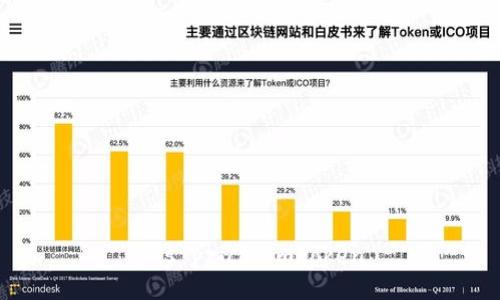Understanding Gas Price on imToken: A Comprehensive Guide2024-02-09 21:02:41
What is gas price and why does it matter on imToken?
Gas price refers to the cost associated with executing transactions or smart contracts on the Ethereum blockchain. In simple terms, it represents the amount of Ether (ETH) a user is willing to pay for each unit of computational work required to process the transaction. For users on the imToken platform, understanding gas price is crucial as it directly impacts the speed and priority of their transactions within the Ethereum network.
How is gas price determined on imToken?

The gas price on imToken is not fixed and can vary depending on market conditions. It is determined by the supply and demand dynamics of computational resources within the Ethereum network. Miners, who validate and process transactions, choose which transactions to include in a block based on the gas price offered by users. Higher gas prices incentivize miners to prioritize a transaction, resulting in faster confirmation times.
Optimizing gas price for efficient transactions on imToken
When using imToken, it is important to optimize gas price to ensure efficient and cost-effective execution of transactions. Here are a few strategies:
- Research current gas prices: Before making a transaction, check the current gas prices on imToken or other reliable sources. This helps in estimating the appropriate gas price to ensure timely processing.
- Utilize gas price estimators: imToken provides built-in gas price estimation tools, such as Gas Station, which suggests optimal gas prices based on network congestion levels.
- Adjust gas price based on urgency: If a transaction requires immediate confirmation, consider setting a higher gas price to attract miners' attention. For non-urgent transactions, lower gas prices may suffice.
- Monitor network congestion: During periods of high network congestion, such as ICOs or major blockchain events, gas prices tend to rise. Keep an eye on network activity and adjust gas prices accordingly.
- Balance cost and speed: Finding the right balance between gas price and transaction speed is crucial. Setting excessively high gas prices may result in unnecessary expenses, while low gas prices can lead to slower confirmation times.
Impact of gas price fluctuations on imToken users

Gas price fluctuations can significantly impact users of imToken. Here's how:
- Cost-effectiveness: Higher gas prices mean increased transaction fees, which can make micro-transactions or frequent interactions costly for users.
- Transaction speed: Low gas prices may result in longer confirmation times, causing delays in executing time-sensitive transactions like token swaps or decentralized finance operations.
- Competition for resources: During periods of high network congestion, users may need to compete with others by bidding higher gas prices to ensure their transactions are promptly processed.
- User experience: Unpredictable and fluctuating gas prices can create confusion and frustration among imToken users, particularly those new to blockchain technology.
- Smart contract deployment: Gas price fluctuations affect the cost and feasibility of deploying smart contracts on the Ethereum network, impacting developers and businesses relying on imToken.
By understanding gas price dynamics and following optimization strategies, imToken users can navigate the Ethereum network efficiently and effectively.